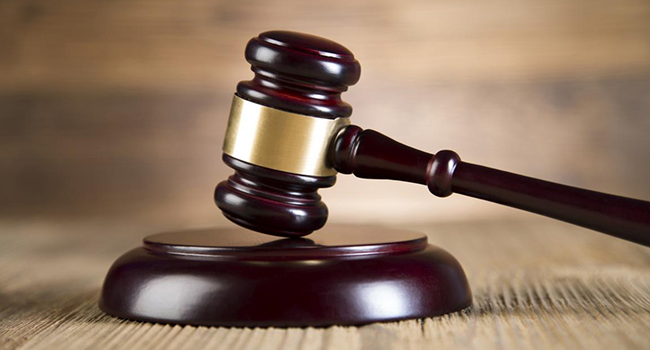Zumax Nigeria Limited, an oil services company, has filed a lawsuit against the Central Bank of Nigeria (CBN) for N4.1 billion at the Federal High Court in Lagos, accusing the bank of gross negligence and complicity in a receivership matter.
The case, heard by Justice Akintoye Aluko, centers on Zumax’s claim that the CBN failed in its statutory duty to supervise banks and protect customer interests. Despite the CBN’s filing of a preliminary objection challenging the court’s jurisdiction, Zumax insists that it had paid over N547 million to FCMB, proving it was not in debt to the bank when it was placed in receivership.
Zumax further alleges that the CBN failed to intervene, even after repeated petitions, and allowed FCMB to fabricate a debt that led to the company’s inability to operate for nearly two decades. The oil services firm is seeking a declaration that CBN was negligent in regulating Nigerian banks, as well as special damages of $41 million, general damages of N2 billion, exemplary damages of N2 billion, and legal costs of N100 million.
Zumax, which had been regularly engaged by oil giants like Shell and Chevron, claims that the receivership, which lasted from 2002 until 2022, caused severe financial losses, including the collapse of its business and the loss of lucrative contracts. The company argues that it was never indebted to FCMB, and a 2007 CBN report corroborates its claim, revealing that it had paid off over N547 million.
Moreover, a 2021 Court of Appeal ruling determined that the consent judgment upon which the receivership was based was fraudulent, setting the stage for the current legal action.
At the hearing, Wole Olanipekun (SAN), representing Zumax, requested the court to consolidate the motions and hear both the preliminary objection and the plaintiff’s application together. However, CBN’s counsel, Adeleke Agboola (SAN), argued that the preliminary objection should take precedence. Justice Aluko adjourned the matter until April 22, 2025, to decide which application should be heard first.




